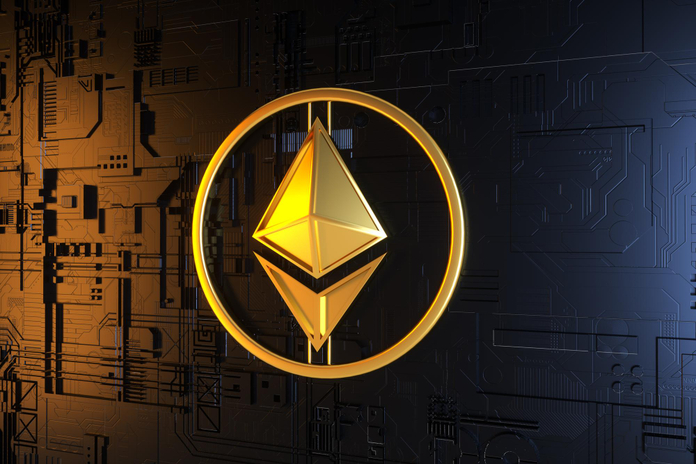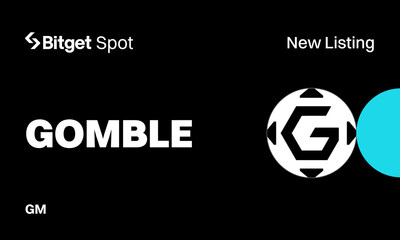This post was originally published on this site

Ethereum core developers have announced that the highly anticipated Pectra upgrade will be launched by the end of Q1 2025. This decision follows the successful deployment of the Dencun upgrade in March 2024 and aims to avoid rushing the release, allowing for the inclusion of more impactful user features.
Strategic Planning for Pectra Upgrade
Developers have considered various timelines for the Pectra upgrade, ultimately deciding to delay it until after the Devcon developer summit in November 2024 in Bangkok. This strategic delay will provide a more measured development process and enable the addition of features that enhance user experience.
In a recent document, Ethereum developers expressed their preference for a Q1 2025 release, noting that delaying the upgrade has minimal impact on users and allows for an expanded scope to include more significant features.
The Dencun upgrade deployment on the Goerli testnet highlighted the importance of timing and thorough preparation. Developers faced challenges achieving consensus within the expected timeframe but ultimately resolved these issues, emphasizing the need for careful planning for the Pectra upgrade.
Focus Areas for Pectra Upgrade
The Pectra upgrade will enhance both the consensus and execution layers of Ethereum. A key improvement will be the integration of PeerDAS, which aims to boost Ethereum’s data availability capacity ahead of the Osaka upgrade.
The Osaka upgrade, a future hard fork, is expected to include features initially planned for Pectra, such as Verkle Trees, a new data structure designed to improve Ethereum’s scalability and decentralization.
During the Execution Layer Meeting, developers discussed supporting longstanding authorization use cases in Ethereum’s account management system, including mechanisms to keep authorizations active during transactions and potential replacements for EIP-3074 with EIP-7702 to achieve better account abstraction compatibility.
The team also considered including the Ethereum Object Format to enhance smart contract security and the developer experience. They decided to include EIP-7702 in the next development net and remove EIP-3074, while also discussing the implementation status of various other Ethereum Improvement Proposals.
Ethereum Layer 2 Networks Reach New TVL High
According to L2BEAT, the total value locked in Ethereum Layer 2 networks has reached a record high of $47.45 billion. Arbitrum One leads with a TVL of $19.3 billion, followed by OP Mainnet at $7.88 billion and Base at $6.94 billion. Other blockchains with over $1 billion in TVL include Blast, Mantle, Linea, and Starknet. Overall, Ethereum Layer 2 TVL has surged by 17.39% in the past week.
This bullish trend is driven by the U.S. Securities and Exchange Commission’s approval of spot Ethereum exchange-traded funds on May 23, along with ETF applications from issuers such as BlackRock (NYSE:BLK), Fidelity, Grayscale, and VanEck. This marks the second spot digital asset ETF approval in the U.S., following the spot Bitcoin ETFs in January. These issuers are currently submitting S-1 forms, with launches expected within weeks.
Featured Image: Freepik





